Sommaire
Pagination de ldition papier
Guide
THE TRINITY IN THE
BOOK OF REVELATION
Seeing Father, Son, and Holy Spirit
in Johns Apocalypse
Brandon D. Smith
Foreword by Lewis Ayres
 InterVarsity Press
InterVarsity Press
P.O. Box 1400 | Downers Grove, IL 60515-1426
2022 by Brandon Dean Smith
All rights reserved. No part of this book may be reproduced in any form without written permission from InterVarsity Press.
InterVarsity Press is the publishing division of InterVarsity Christian Fellowship/USA.
For more information, visit intervarsity.org.
Scripture quotations have been taken from the Christian Standard Bible, Copyright 2017 by Holman Bible Publishers. Used by permission. Christian Standard Bible and CSB are federally registered trademarks of Holman Bible Publishers.
The publisher cannot verify the accuracy or functionality of website URLs used in this book beyond the date of publication.
Cover design and image composite: Kate Irwin
ISBN 978-1-5140-0419-7 (digital)
ISBN 978-1-5140-0418-0 (print)
This digital document has been produced by Nord Compo.
To Christa, Harper, Emma, and Amelia.
May your vision always be fixed on our triune God.
Foreword
by Lewis Ayres
I T IS A COMMONPLACE that theologians todayespecially younger theologianswork in a more ecumenical mode than did previous generations. Theologians who are deeply embedded in their traditionas Brandon Smith is in his, and I am in mine!nevertheless find dialogue partners far beyond what might seem their natural community. Those who manage to keep this balance offer great hope for the future. That future is, of course, in Gods providential, benevolent, and mysterious handsnot in ours. All that those of us who attempt to argue faithfully can do is to seek to enter the truth more deeply and attempt to share it respectfully and lovingly with others.
Perhaps the most significant feature of this new ecumenical outlook is that, despite our significant and currently unresolvable doctrinal differences, many from widely divergent traditions have come to recognize that the deep Christian tradition offers us the resources needed to think through the mighty theological mysteries that confront and dazzle the student of Christian theology. By the deep Christian tradition I mean the history of responses of men and women to Gods call over the long centuries since the resurrection and ascension of our Lord, and since the sending of the Spirit at Pentecost. We will necessarily view this tradition from a variety of perspectives and with different understandings of its authority in view. But for many now, it is in turning to that tradition that we best find resources for describing Gods action among us and resources for reading the Scriptures. And from this long tradition, it is the early, vibrant centuries of the Christian church that have drawn the attention of perhaps the widest group of theologians.
Further, perhaps nowhere is this new interest more apparent than in work on trinitarian theology and scriptural exegesis. It should surprise no one that Orthodox and Catholic theologians turn to this deep tradition as they seek to articulate classical trinitarian theology, but it is noteworthy that a host of theologians in (for example) the Baptist and Presbyterian traditions have also begun to turn toward early Christian theology as a key resource for explaining and exploring Gods revelation to us of the triune life. In some ways this is no new developmentthere is a number of Baptist church-historians who have made important contributions over the past few decades to our understanding of early Christian theology. What does seem to be new is the rise of a new generation of younger Baptist theologians who wish to use the resources of the early church to present a fully scriptural account of the divine being and economy.
Many of these figures have been caught by the sheer power and beauty of the expositions of Scripture that they have found from this period. Many have come to recognize that older narrativesin which this period sees the overcoming of true Christian faith by Greek philosophyhold little water, and that early Christian theology is both deeply exegetical and philosophically engaged (rather as is Pauls own engagement with Jewish Scripture!). As we seek to avoid the perennial danger of reinventing the wheel in every generation, it is only right that we turn again to the figures who played such an elemental and foundational part in drawing from Scripture one of its most central themesthe inseparable unity and yet irreducibility of Father, Son, and Spirit.
It is within these contexts that Smith writes. In the first place his theology is deeply informed by attention to the heritage of early Christian thought. In the second place his goal is to read Scripture, in this case the book of Revelation, in aid of a compelling presentation of Gods self-revelation. The book unfolds as a dialogue between careful engagement with modern scholarship on Revelation and the manner in which pro-Nicene trinitarian patterns of scriptural reading may lead us to understand the possibilities of this complex and mysterious text more fully. As the book proceeds, Smith draws us deep into the text of Revelation by careful study of key passages. At the end we are left with an important challenge: to read this text anew as an integral part of Scriptures revelation of the simple and undivided life of Father, Son, and Spirit. His work should be welcomed by all interested in the constant renewal of Christian thought.
Acknowledgments
T HIS BOOK IS A SOMEWHAT condensed version of my PhD dissertation for Ridley College. That dissertation took three years to write and probably nine years off my life. I imagine I could write an entire book of acknowledgments to all the people who played roles in helping me finish this book, but I can only mention a few here.
First, perhaps the greatest outcome of writing this book was the ways in which the triune God encouraged, challenged, and molded me. I love him and his Word more deeply and experientially after writing this book than I would have otherwise.
Thank you to Christa, my wife and best friend. I promised at the outset of the dissertation phase that I would not have to apologize to you in my acknowledgements because I would not let it affect our family. I am sure apologies are in order nonetheless, because there is no doubt you sacrificed more than anyone as I wrote. You are my hero and more like Christ than anyone I know. I love you.
To my girls, Harper, Emma, and Amelia, your joy, enthusiasm, and simple, unwavering love has humbled and softened me in ways I am not sure I can even comprehend. I am a better man because of you. Just hearing your voices lights up the darkest of days.
Dad, your consistency, resolve, and wisdom inspire me to be a better husband, father, and follower of Jesus. Seeing you confess Christ and be baptized is one of the great joys of my life. Thank you for always telling me I was smarter and more talented than I really amit helped me persevere in the countless times when I felt like a complete failure and fraud.



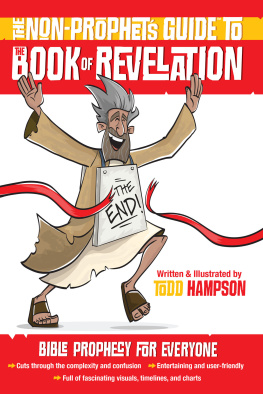
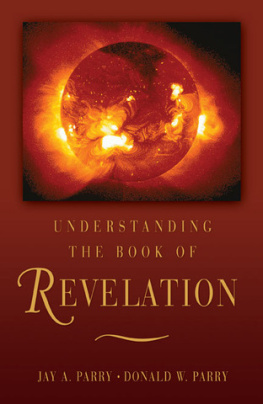
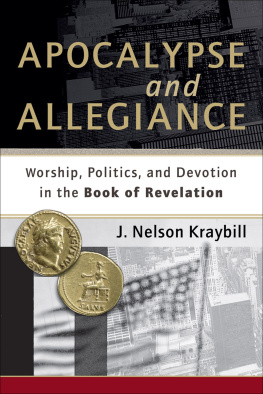
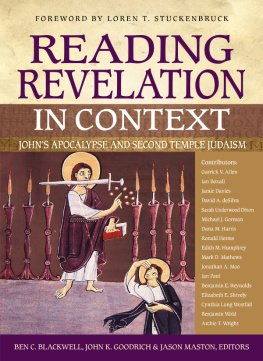

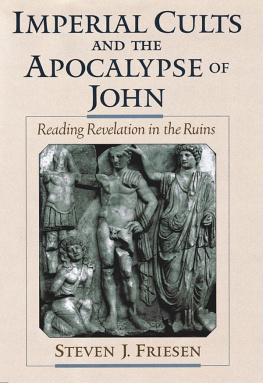
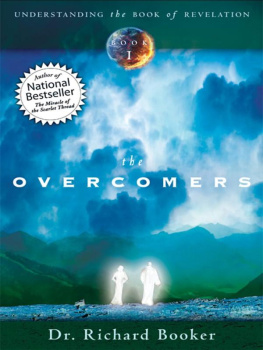
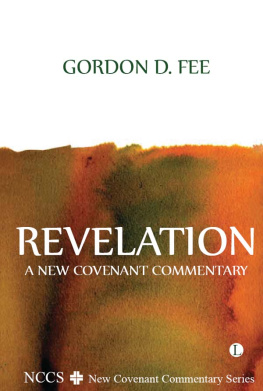
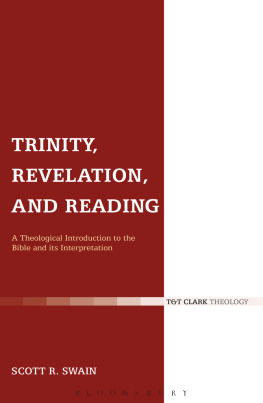


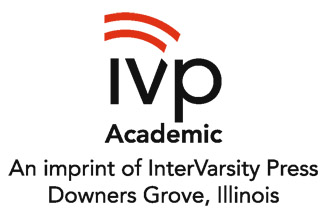
 InterVarsity Press
InterVarsity Press